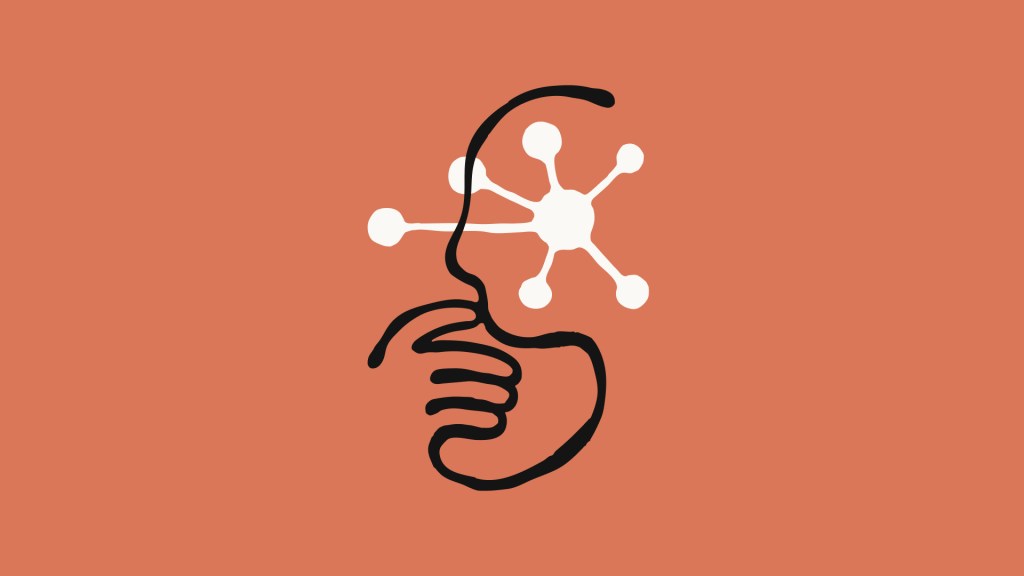Anthropic, the AI research company behind the Claude chatbot, has announced significant changes to its data handling policies. By September 28, 2025, all users of Claude’s consumer services—including Free, Pro, and Max tiers, as well as Claude Code—must decide whether to allow their conversations to be used for AI model training or to opt out. This policy shift does not affect business customers using Claude Gov, Claude for Work, Claude for Education, or API access.
Previous Data Practices
Historically, Anthropic assured users that their chat data would be automatically deleted from the company’s backend within 30 days, unless retention was legally required or the data violated company policies. In cases of policy violations, data could be retained for up to two years. Under the new policy, if users do not opt out, their data may be retained for up to five years to aid in training AI models.
Rationale Behind the Change
Anthropic frames this update as a move to enhance user choice and improve model safety. The company states that by allowing their data to be used, users will contribute to making AI systems more accurate in detecting harmful content and less likely to flag benign conversations. Additionally, user data will help future Claude models improve in areas such as coding, analysis, and reasoning, ultimately leading to better performance for all users.
Industry Context and Implications
This policy change reflects a broader trend in the AI industry, where companies are increasingly leveraging user data to train and refine their models. Access to vast amounts of real-world conversational data is crucial for improving AI capabilities and maintaining a competitive edge against rivals like OpenAI and Google.
However, this shift raises concerns about user privacy and data security. The design of the opt-out process is particularly noteworthy. Existing users are presented with a pop-up titled Updates to Consumer Terms and Policies, featuring a prominent Accept button. Below this, in smaller print, is a toggle switch for training permissions, which is automatically set to On. This design choice has led to worries that users might inadvertently agree to data sharing without fully understanding the implications.
Regulatory and Legal Considerations
The rapid evolution of AI technologies has outpaced existing privacy policies, leading to confusion among users. Privacy experts have long cautioned that the complexity of AI systems makes obtaining meaningful user consent challenging. The Federal Trade Commission (FTC) has warned AI companies against making surreptitious changes to terms of service or privacy policies, emphasizing that such practices could lead to enforcement actions.
Anthropic’s new data policy also comes amid increasing legal scrutiny over data usage in AI training. For instance, in June 2025, a federal judge ruled in favor of Anthropic in a lawsuit concerning the use of published books for AI training without authors’ permission, marking a significant precedent in the interpretation of fair use doctrine in the context of AI.
User Awareness and Best Practices
Given these developments, it is imperative for users to stay informed about changes to data policies and understand how their information is being used. Users should carefully review any updates to terms of service and privacy policies, paying close attention to default settings and opt-out options. Being proactive in managing data sharing preferences can help protect personal information and ensure that users maintain control over their data.
Conclusion
Anthropic’s recent policy update underscores the delicate balance between advancing AI capabilities and safeguarding user privacy. As AI companies continue to seek vast datasets to train their models, transparent communication and user consent become increasingly critical. Users are encouraged to make informed decisions about their data sharing preferences to navigate this evolving landscape effectively.



